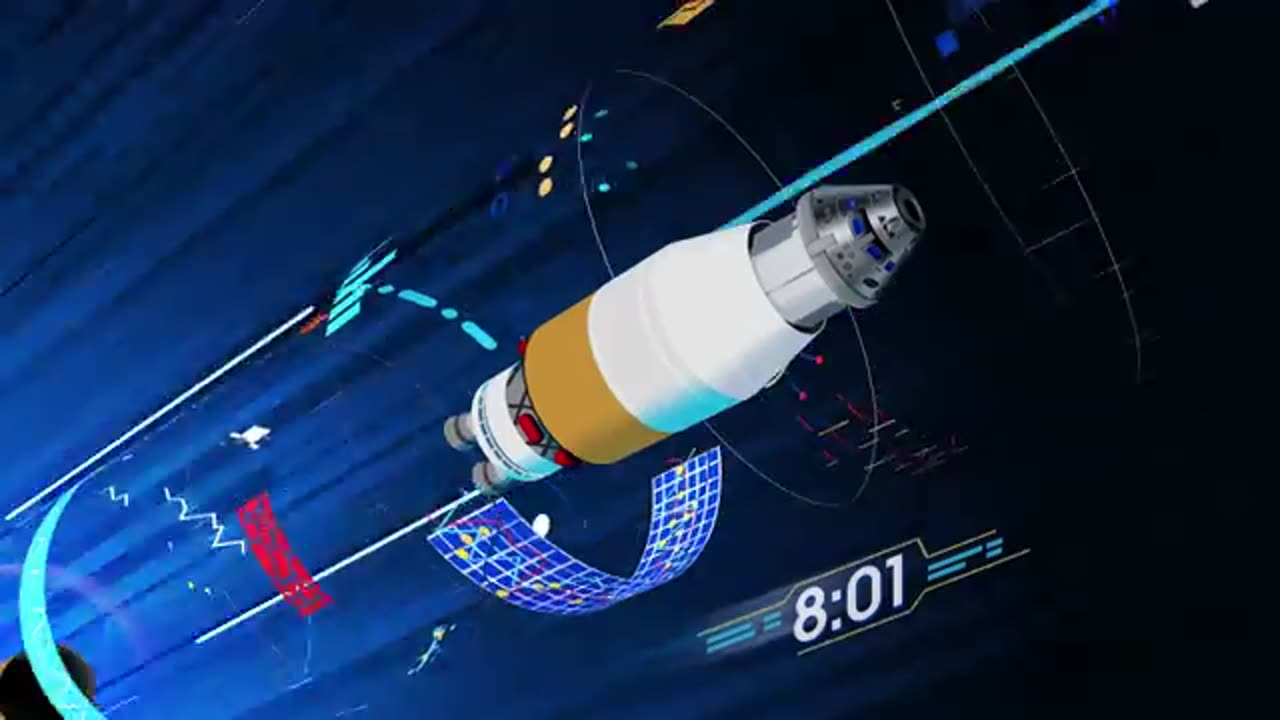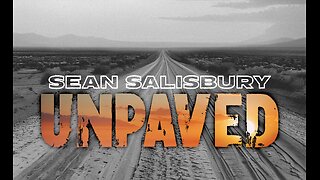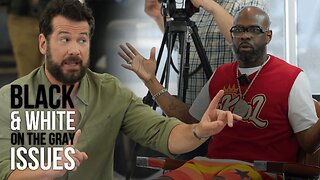Premium Only Content

NASA informative video complete history in description
NASA, the National Aeronautics and Space Administration, has a rich history of early missions that paved the way for space exploration. Here are some notable early NASA missions:
1. **Mercury-Redstone 3 (Freedom 7)**:
- Date: May 5, 1961
- Description: This was NASA's first human spaceflight mission, and it carried astronaut Alan Shepard into space aboard the Freedom 7 spacecraft. Shepard's suborbital flight lasted just over 15 minutes but marked a significant milestone in space exploration.
2. **Gemini Program**:
- Dates: 1965-1966
- Description: The Gemini program was a series of missions that focused on developing the skills and technologies necessary for future lunar missions. It included spacewalks (extravehicular activities or EVAs) and rendezvous and docking maneuvers.
3. **Apollo Program**:
- Dates: 1961-1972
- Description: The Apollo program was NASA's effort to land humans on the Moon. The most famous mission of this program was Apollo 11, which successfully landed astronauts Neil Armstrong and Buzz Aldrin on the lunar surface on July 20, 1969.
4. **Viking Program**:
- Dates: 1975-1976
- Description: Viking 1 and Viking 2 were NASA's first missions to Mars. They were designed to orbit and land on the Martian surface, conducting experiments to search for signs of past or present life.
5. **Pioneer Program**:
- Dates: 1958-1978
- Description: The Pioneer program consisted of a series of robotic missions, including the first successful missions to Venus and Jupiter. Pioneer 10 and Pioneer 11 were notable missions that provided valuable data about these planets and ventured beyond the solar system.
6. **Skylab**:
- Dates: 1973-1974
- Description: Skylab was NASA's first space station. It hosted three crews of astronauts who conducted scientific experiments in microgravity.
These early NASA missions laid the groundwork for future space exploration efforts and contributed significantly to our understanding of space and our place in the universe.
-
 1:01:38
1:01:38
DeVory Darkins
3 hours ago $20.11 earnedSchumer suffers humiliation as critics applaud Trump's historic peace deal with Tim Pool
53.5K16 -
 1:39:38
1:39:38
Redacted News
2 hours agoTrump Secures HISTORIC Gaza Peace Deal... WILL IT HOLD? & What is Lockheed Hiding at Skunkworks?
45.2K80 -
 1:06:00
1:06:00
vivafrei
4 hours agoTrump Secures Cease-Fire? Canada Goes Full Woke Commie Tard! Psychos is Cali AND MORE!
94K49 -
 1:35:26
1:35:26
The Quartering
4 hours agoTrump For Nobel Peace Prize? Lefty Shocks Dog, Thomas Massie, Woke Superbowl!
98.6K117 -
 LIVE
LIVE
LFA TV
18 hours agoLIVE & BREAKING NEWS! | THURSDAY 10/9/25
1,214 watching -
 13:51
13:51
Chrissy Clark
4 hours agoIs It Too Soon For “Another Charlie Kirk”?
4.04K6 -
 LIVE
LIVE
StoneMountain64
6 hours agoBF6 Full Release Gameplay Review - I have been playing EARLY
218 watching -
 30:30
30:30
The HotSeat
4 hours agoTrump "The Peacemaker", Unless You're Antifa!!!
16.5K13 -
 1:28:11
1:28:11
Sean Unpaved
6 hours agoSnap Counts & Showdowns: Hunter's Usage, CFB Fire, & Playoff Baseball Bonanza
98.9K3 -
 56:09
56:09
Steven Crowder
8 hours agoBlack Fatigue is Real and I Told Them Why | Black & White on the Gray Issues
393K1.65K